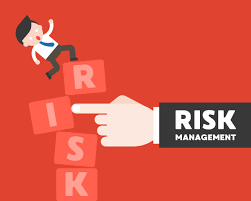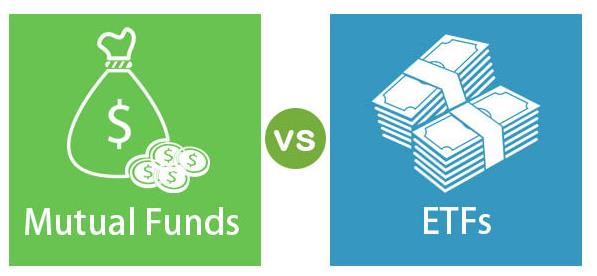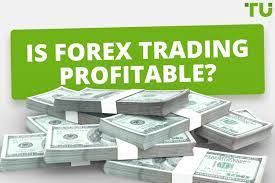Risks Associated With Forex Trading
Forex trading, commonly referred to as foreign exchange trading, is a global market for the trading of currencies. It includes buying, selling, and exchanging currencies at each currency’s predetermined or current rate.
With over 6 trillion dollars worth of transactions happening every day, Forex trading is rising as one of the most widely invested forms of trading worldwide and is the largest market in the world. Simply put, Forex or FX is the market to exchange foreign currencies.
Risks In Forex Trading
Many people think Forex trading is an easy way to make some money on the side. While it is valid to some extent, Forex trading can be tricky for beginners. Not only that, many experts often incur losses too due to the unpredictable nature of exchange rates and fluctuating markets. According to professional traders, beginners are advised to invest small amounts of disposable income when starting into the world of foreign exchange. Some common risks associated with FX trading include:

Exchange Rate Risk
As the name indicates, exchange rate risk in Forex trading is due to unprecedented changes in buying and selling rates of different currencies. There are often very volatile shifts in the supply and demand of currencies worldwide. Due to this, the given risk at any time can be pretty substantial depending on the market's perception of which direction the currencies will move.

Credit Risk
Credit risk refers to the probability of a currency position not being repaid as agreed, whether as a voluntary or involuntary act. Credit risk is low for individual traders. If you're planning to send your funds to a company for trading, make sure to check out the companies by visiting the authorities' websites. These include National Futures Association (NFA), the Commodity Futures Trading Commission (CFTC), and Financial Conduct Authority (FCA).
Settlement Risk
Since currencies are traded in different countries worldwide, the difference in time zones is a factor that also needs to be considered. As a general rule, Australian and New Zealand dollars are credited first, followed by the Japanese Yen and the European currencies, and the day ends with the US dollar. Currencies are traded at different prices during different times of the day.
Transactional Risk
Transactional risk is a very common type of risk a trader is exposed to when dealing in Forex trading. Sometimes it's computational losses, errors in communication between the trader and the company, and other times during the handling or confirmation of a trader's order. While it may be the fault of the dealing counterparty, the trader may have limited options when seeking compensation.
Related Article
![]()
How should you analyze the trends in a stock market to make an intelligent investment decision?
Many traders find it helpful to study past trends that align with current conditions in a country. For example, a trader might learn about historical market trends like times of inflation or economic crisis. It helps them understand potential stock returns.
![]()
What Is a Debt Management Plan?
It is common to take out loans or mortgages to improve your living standard, and these debts must be repaid. However, if you struggle to make payments due to high-interest rates or regular fees, you need a debt management plan (DMP) tailored to the interest rates you can afford.
![]()
Exchange-Traded Funds vs. Stocks. Which one is safer?
Stock-pickers have an opportunity to outperform expectations in situations or situations where there is a significant disparity in returns or when rat
![]()
Is foreign exchange trading profitable?
Want to venture into foreign exchange trading, but worried about the opportunity to make a profit? Read ahead to learn more.




